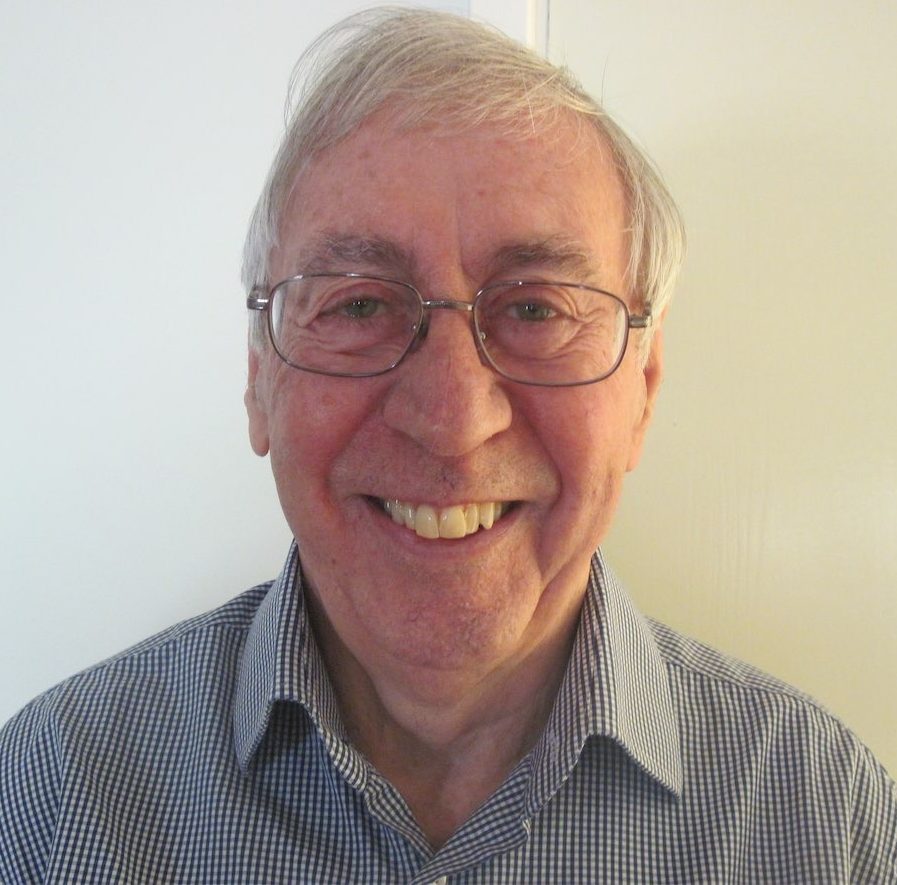COLIN STEELE reviews Adam Courtney’s memoir My Father Bryce, which reveals Bryce to be a complex, driven man and an often absentee father.
Bryce Courtenay (1933-2012), who lived the last years of his life in Canberra, was for two decades Australia’s best-selling author through a sequence of bestselling novels beginning with The Power of One (1989).

Bryce sold more than 20 million copies of his books worldwide before his death. A consummate publicist of his books and a charismatic speaker, Bryce could work a room as he demonstrated many times in Canberra.
Bryce once said that his books, along with socks and chocolates, had become regulars every year under Australian Christmas trees. It was reported that one in three Australian households had a Bryce Courtenay book on their bookshelves. Bryce did much to promote reading in Australia and many leading Australians, including Prime Minister Julia Gillard, attended his funeral in Sydney on December 5, 2012.
His son Adam’s memoir, My Father Bryce (Hachette, $34.99), reveals Bryce to be a very complex, driven man and an often absentee father. Born illegitimate, Bryce’s disrupted childhood and lack of family life in South Africa left undoubted personality traumas. Bryce often embellished the facts of his childhood and adolescence, once saying, “none of us get it wholly right. So why not select the version of the truth you like the most”.
For Adam, Bryce became “the greatest fabulist of his age”, with Peekay in The Power of One being Bryce’s “avatar, his alter ego”.
After his traumatic childhood, Bryce met Benita Solomon in London in 1955. They migrated to Sydney in 1958, marrying in 1959, and had three sons, Brett, Adam and Damon. The marriage was often under strain, but especially in the 1970s, through Bryce’s “extensive drinking and womanising”. These were the “blood, brains and beer years” of the advertising industry in Sydney, when Bryce locked horns with John Singleton, and ultimately became famous for campaigns, such as “Louie the Fly” and “The Milkybar Kid”.
The marriage with Benita ended in 2000. Bryce had had several long-term affairs before, one with the high-profile publisher Margaret Gee.
In a strange twist, Bryce was to marry Margaret’s identical twin sister, travel adventure expert Christine Gee in October 2011, Christine having been his partner since 2005.
Christine’s own memoir, Bryce Courtenay: Storyteller was published in 2022. Adam, when he learnt of the marriage wondered whether he would be “a stranger at a strange man’s wedding”.

Bryce’s youngest son Damon, born with haemophilia and who died at age 24 from AIDS-related complications contracted through a blood transfusion, was always Bryce’s favourite. Adam, and his elder brother Brett, rarely lived up to Bryce’s expectations, both being deemed “second rate also-rans” .
Adam reflects whether Bryce was ever truly satisfied with the “traditional love of family and friends”, noting two of the threads woven throughout his book are “escape and reinvention”.
Bryce escapes from his childhood through reinvention to become “Australia’s most beloved author ”.
Adam’s memoir is not a hatchet job rather an attempt to show the real Bryce as seen through the prism of both the deprivations of his early childhood and the successes of his later life. Adam writes on the last page: “I do want to look at the bright side. I like to think when he embraced me on the day he died, he did so because he realised the old team still meant something to him. Whatever it was, it was the rapprochement we both needed”.
Will Bryce’s books stand the test of time? Bryce was very pleased in 2010 when he appeared on a set of Australian stamps, “Legends of the Written Word” with Thomas Keneally, Tim Winton, Peter Carey, Colleen McCulloch and David Malouf, although he probably will not stand the test of literary time like some of the others.
Adam writes on several occasions of Bryce’s strong feelings against “the literati”. Bryce, once told me that he felt he never got the literary appreciation he deserved from the critics.
Renowned literary agent Jean Hickson, who did so much to get The Power of One published, tells Adam that Bryce desperately wanted to be Peter Carey. And to be recognised “as a real writer not a commercial one”.
Ironically, Peter Carey once told me he wished he had the book sales of Bryce! Can authors, even successful ones, ever be satisfied?
Who can be trusted?
In a world of spin and confusion, there’s never been a more important time to support independent journalism in Canberra.
If you trust our work online and want to enforce the power of independent voices, I invite you to make a small contribution.
Every dollar of support is invested back into our journalism to help keep citynews.com.au strong and free.
Thank you,
Ian Meikle, editor






